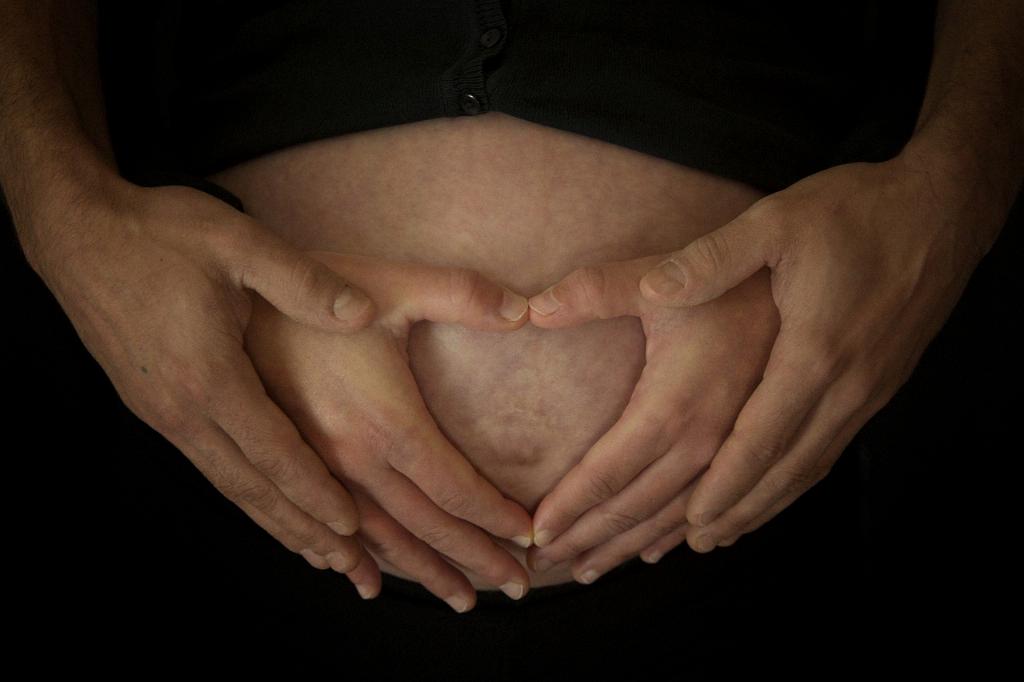One of the most common questions expectant parents have is, “How early did you get a positive pregnancy test?” Knowing when to take a pregnancy test can be crucial in getting an accurate result. In many cases, you might get a positive result from an at-home test as early as 10 days after conception. However, for the most accurate result, it is recommended to wait until after you’ve missed your period to take a test.
Early Pregnancy Testing
Early pregnancy testing has become increasingly common, allowing individuals to find out if they are pregnant sooner than ever before. With advancements in technology, some at-home pregnancy tests can detect pregnancy hormones in your urine as early as 10 days after conception. However, it’s important to note that taking a test too soon can result in a false negative, even if you are pregnant.
Factors Affecting Test Results
It’s important to consider various factors that can affect the accuracy of a pregnancy test. Factors such as the sensitivity of the test, the timing of ovulation, and individual hormone levels can all influence when you might get a positive result. Additionally, taking a test too early in your cycle can lead to a false negative result, as the levels of pregnancy hormones may not be high enough to detect.
When to Test for Pregnancy
While it may be tempting to take a pregnancy test at the earliest opportunity, it’s essential to consider the recommended timing for the most accurate results. Waiting until after you’ve missed your period can increase the likelihood of getting a positive result if you are pregnant. If you test too early, you may get a negative result due to low hormone levels.
Early Signs of Pregnancy
For many individuals, the early signs of pregnancy can offer clues before taking a test. Symptoms such as fatigue, bloating, nausea, and breast tenderness can indicate pregnancy in the early stages. If you are experiencing these symptoms and suspect you may be pregnant, it may be worth taking a test to confirm.
Understanding Pregnancy Hormones
Pregnancy tests work by detecting a hormone called human chorionic gonadotropin (hCG) in your urine. hCG is produced by the placenta after a fertilized egg attaches to the uterine lining. The levels of hCG increase rapidly in the early stages of pregnancy, making it detectable by pregnancy tests. Waiting until hCG levels are high enough can improve the accuracy of your test results.
Timing and Accuracy
Timing plays a crucial role in the accuracy of a pregnancy test. While some tests claim to provide early detection, it’s important to remember that the timing of ovulation and implantation can vary from person to person. Waiting until after you’ve missed your period can help ensure that hCG levels are sufficiently high for an accurate result.
Consulting a Healthcare Provider
If you are unsure about when to take a pregnancy test or have concerns about the results, don’t hesitate to consult with a healthcare provider. They can offer guidance on the best time to test based on your individual circumstances and provide support throughout the testing process.
Emotional Considerations
Waiting to take a pregnancy test can be an emotional experience, filled with anticipation and uncertainty. It’s important to take care of your emotional well-being during this time and reach out for support if needed. Whether you’re hoping for a positive result or preparing for a potential negative outcome, remember that your feelings are valid.
Planning for the Future
Regardless of the outcome of your pregnancy test, it’s essential to start thinking about the future and what it may hold. If you receive a positive result, consider discussing your options with a healthcare provider and making a plan for prenatal care. If your test is negative, take time to process your emotions and consider your next steps.
Conclusion
In conclusion, the timing of when you may get a positive pregnancy test can vary based on individual factors such as hormone levels, test sensitivity, and timing of ovulation. While some tests claim early detection capabilities, waiting until after you’ve missed your period can improve the accuracy of the results. If you’re unsure about when to take a test or have concerns about the outcome, don’t hesitate to seek guidance from a healthcare provider for support and advice.

